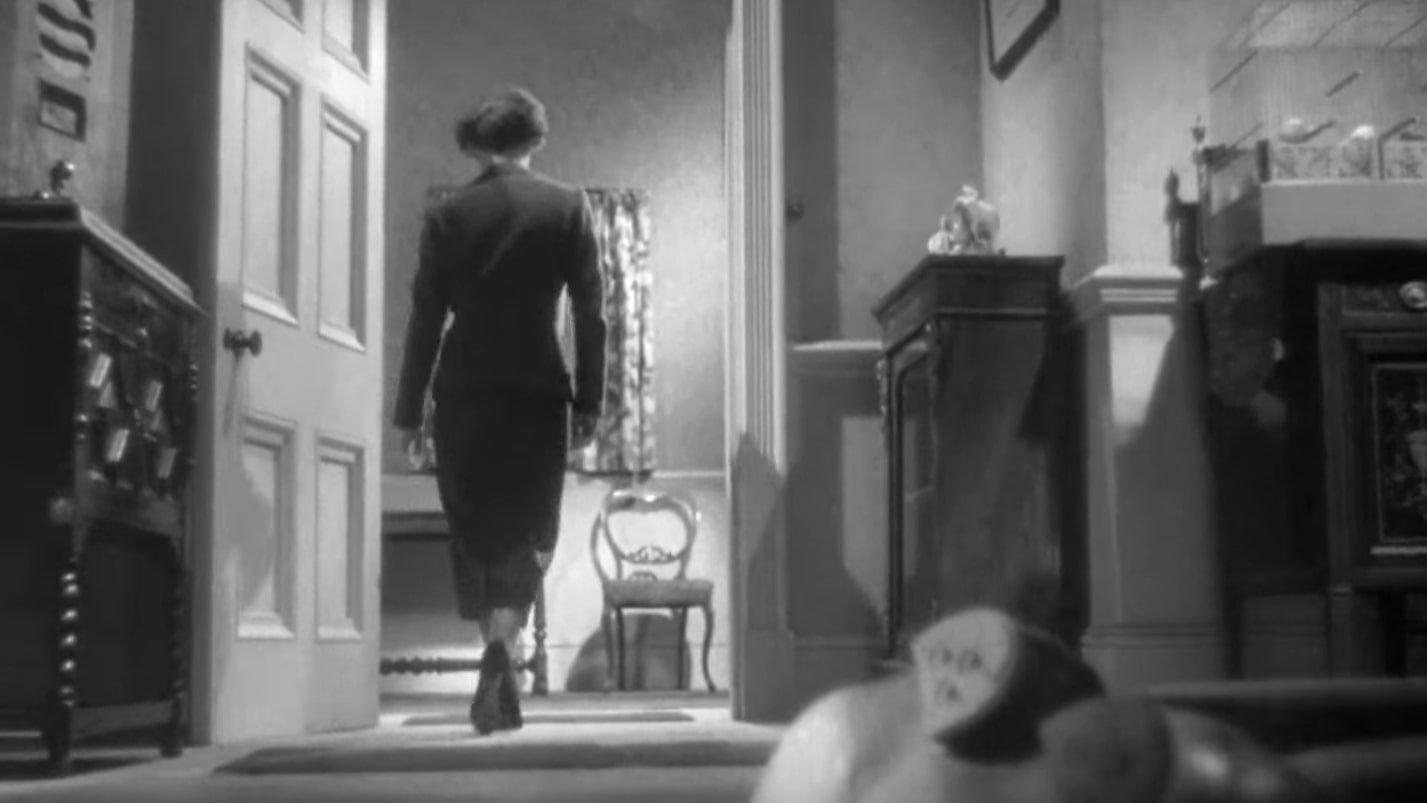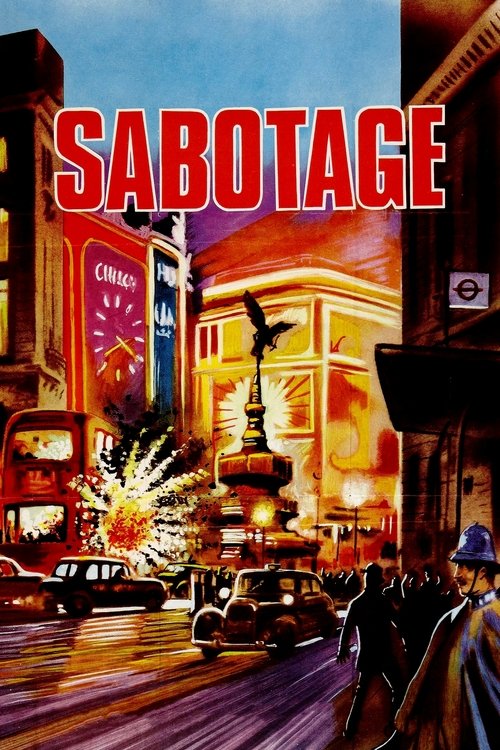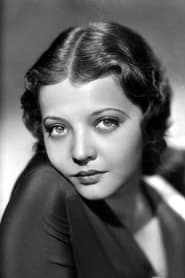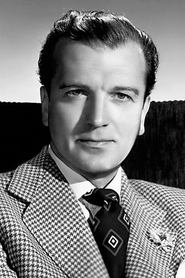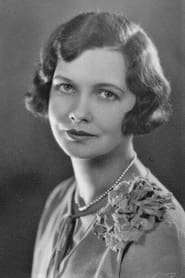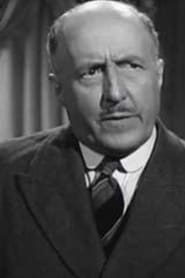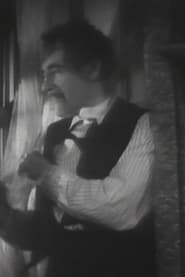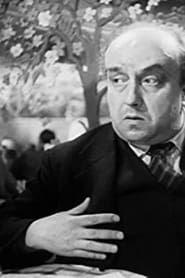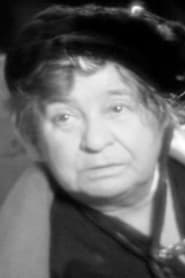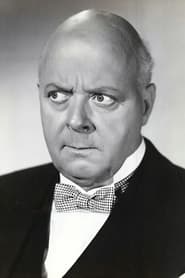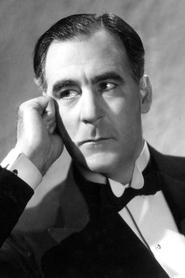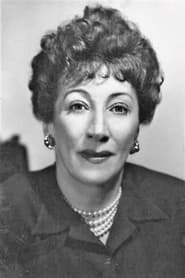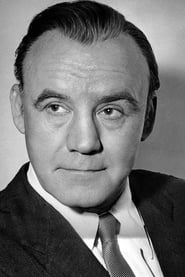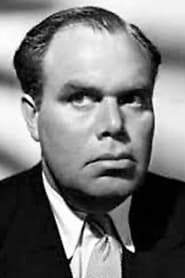Cast
View AllSylvia Sidney
as Mrs. Verloc
Oskar Homolka
as Karl Verloc - Her Husband
Desmond Tester
as Stevie - Her Young Brother
John Loder
as Ted
Joyce Barbour
as Renee
Matthew Boulton
as Superintendent Talbot
S. J. Warmington
as Hollingshead
William Dewhurst
as The Professor
Clare Greet
as Mrs. Jones (uncredited)
Aubrey Mather
as Greengrocer (uncredited)
Austin Trevor
as Monocle Man (uncredited)
Charles Hawtrey
as Studious Youngster (uncredited)
Martita Hunt
as The Professor's Daughter (uncredited)
Torin Thatcher
as Mr. Verloc's Visitor (uncredited)
Peter Bull
as Mr. Verloc's Visitor (uncredited)
Crew
Director
- Alfred Hitchcock
Producer
- Michael Balcon
Reviews
CinemaSerf
Perhaps not one of Hitchcock's most prominent films, but it's a tense crime thriller telling the tale of a family of recent émigrés to Britain who are struggling to run their small London cinema. Oskar Homolka ("Mr. Verloc") falls foul of some criminals who offer to pay him for carrying out an act of sabotage. This doesn't quite cause the mayhem they desire so he is unwittingly, this time, involved a much more deadly action. Unbeknown to him, Scotland Yard are on to them and have planted a detective (John Loder) in the greengrocers who befriends the family. The plot unfolds slowly and tensely. Loder and ("Mrs. Verloc") a slightly dewy-eyed Sylvia Sidney fall for each other as we go along. That storyline slightly districts from the suspense and the ending comes along a bit too rapidly for me. Great to watch, though...
Mar 28, 2022
Thematic Analysis
As a dramatic work, Sabotage examines complex human relationships and emotional struggles against the backdrop of a period setting that reflects societal issues of its time. The character development particularly stands out, offering viewers a chance to reflect on their own life journeys.
Director Alfred Hitchcock brings their distinctive visual style to this film, continuing their exploration of themes seen in their previous works while adding new elements. Their approach to character development and emotional depth creates a viewing experience that rewards close attention.
Released in 1937, the film exists within a cultural context that now offers viewers historical perspective on the social issues of that era. Its reception demonstrates the diverse reactions to its artistic choices and its place in cinema history.
Did You Know?
- The production of Sabotage took approximately 36 months from pre-production to final cut.
- The final cut of the film runs for 77 minutes, though the director's initial assembly was reportedly 137 minutes long.
- Several scenes were filmed in multiple locations to capture the perfect setting.
- The screenplay went through 6 major revisions before the final shooting script was approved.
- Some visual effects sequences took up to 8 months to complete.
Historical Context
- In 1937, when this film was released:
- Television was becoming a dominant form of home entertainment.
- The Cold War was intensifying, influencing global politics and culture.
- The film industry was dominated by major studios, with independent cinema still in its early development.
How This Film Stands Out
While Sabotage shares thematic elements with other films in its genre, it distinguishes itself through its unique approach to storytelling, visual style, and character development.
Unlike Pimp Heaven, which focuses more on action than character development, Sabotage offers a fresh perspective through its innovative visual language and narrative structure.
While films like Wife Number 13 and Breakfast of Champions explore similar territory, Sabotage stands apart through its distinctive directorial vision and pacing.
This film's unique contribution to cinema lies in its thoughtful balance of entertainment value and thematic depth, making it a valuable addition to its genre.
Details
- Release Date: January 8, 1937
- Runtime: 1h 17m
Where to Watch



